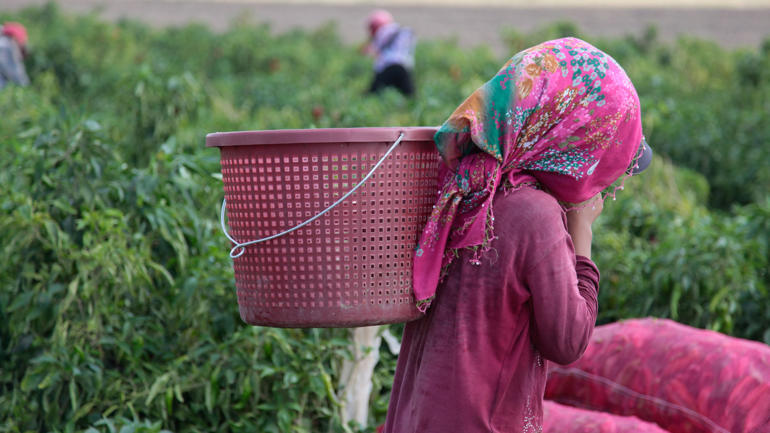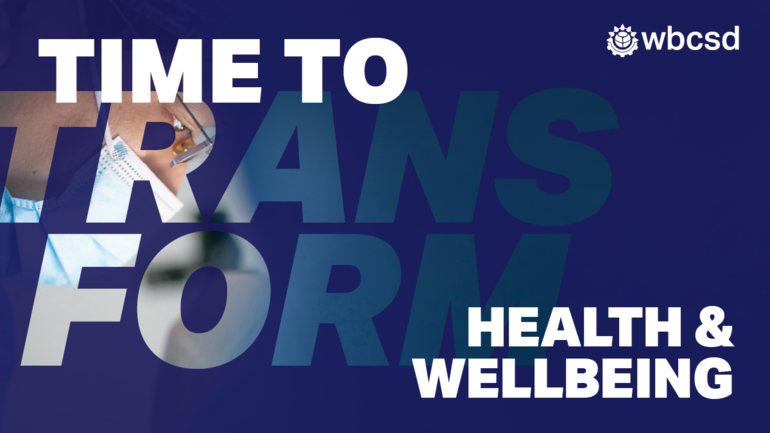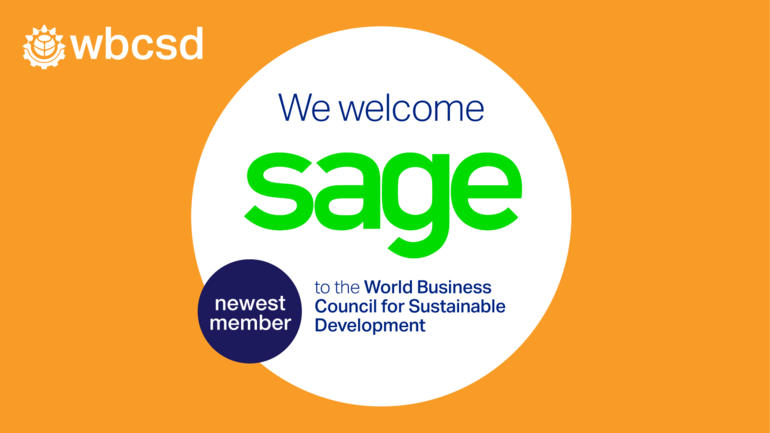Geneva, 13 July 2021 – Against a backdrop of rapid technological advances, a range of socio-economic trends and the unfolding COVID-19 pandemic, the world of work is changing at a pace and depth that poses serious challenges to people, business, and society.
A new report released ahead of World Youth Skills Day by UNICEF and the World Business Council for Sustainable Development (WBCSD), provides concrete recommendations for actions that businesses can take to help address the “skills mismatch” that young people all over the world are encountering.
All over the world, hundreds of millions of individuals are coming of age and finding themselves unemployed and unemployable, lacking the right skills to take up the jobs available today and, even more, the skills that will be needed tomorrow.
Based on combined insights from WBCSD’s Future of Work project and UNICEF’s programming and research experience in the area of education, this “Empowering the workforce of tomorrow: The role of business in tackling the skills mismatch among youth” report highlights the scale of the skills mismatch challenge globally, its root causes and the impacts it has on youth, business and society more broadly.
The recommendations outlined in the report bring to life the role that business can play in addressing the skills mismatch among youth, while also inspiring business leaders to strengthen their companies by empowering youth through business action, partnerships and advocacy on skills development.
“An estimated 1.3 billion people worldwide are affected by skills mismatches - a global and growing challenge. The skills needed to succeed in the future of work and to live fulfilling lives are quickly evolving and young people are affected the most,” said Carla Haddad Mardini, UNICEF Director for Private Fundraising and Partnerships. “There is an urgent need for business to work with and for young people. By developing sustainable skills strategies, collaborating with government and education systems as well as investing in paid internships and apprenticeships schemes, business can play a key role in developing the full potential of young people.”
James Gomme, Director of People & Society at WBCSD said: “The opportunities for businesses to act and contribute to improving training and education, and their relevance for the labor market, are tremendous. Businesses have the power to help unlock the potential and prospects of millions of young people around the world, contributing to a more inclusive and prosperous society while also safeguarding the long-term success of their operations.”
This new guidance calls on companies to:
- Develop sustainable skills strategies based on a thorough understanding of what skills they have access to today, what skills they will need in the future, and how they can build tomorrow’s workforce and future-proof their business.
- Coordinate closely with governments and the education system to create better alignment between demand and supply of skills, while ensuring that education and training meet the standards required.
- Leverage their voice to advocate for and promote skills development among young people.
Moving forward, WBCSD and UNICEF look forward to continuing to work closely with the global business community and a range of other stakeholders to tackle the skills mismatch while empowering young people to realize their full potential as the leaders of tomorrow.
More information
About UNICEF
UNICEF works in some of the world’s toughest places, to reach the world’s most disadvantaged children. Across more than 190 countries and territories, we work for every child, everywhere, to build a better world for everyone. Follow UNICEF on Twitter, Facebook, Instagram and YouTube
About WBCSD
WBCSD is a global, CEO-led organization of over 200 leading businesses working together to accelerate the transition to a sustainable world. We help make our member companies more successful and sustainable by focusing on the maximum positive impact for shareholders, the environment, and societies.
For more information please contact:
UNICEF: Sohini Roychowdhury, Communication Specialist, UNICEF, Geneva
Email: sroychowdhury@unicef.org
WBCSD: James Gomme, Director People & Society, WBCSD








